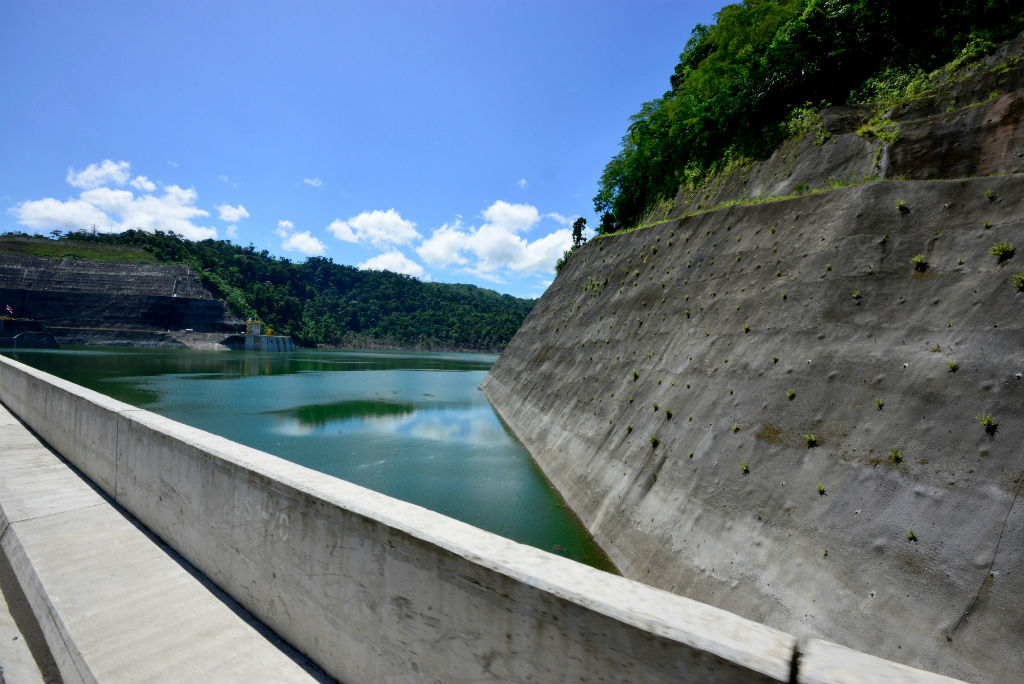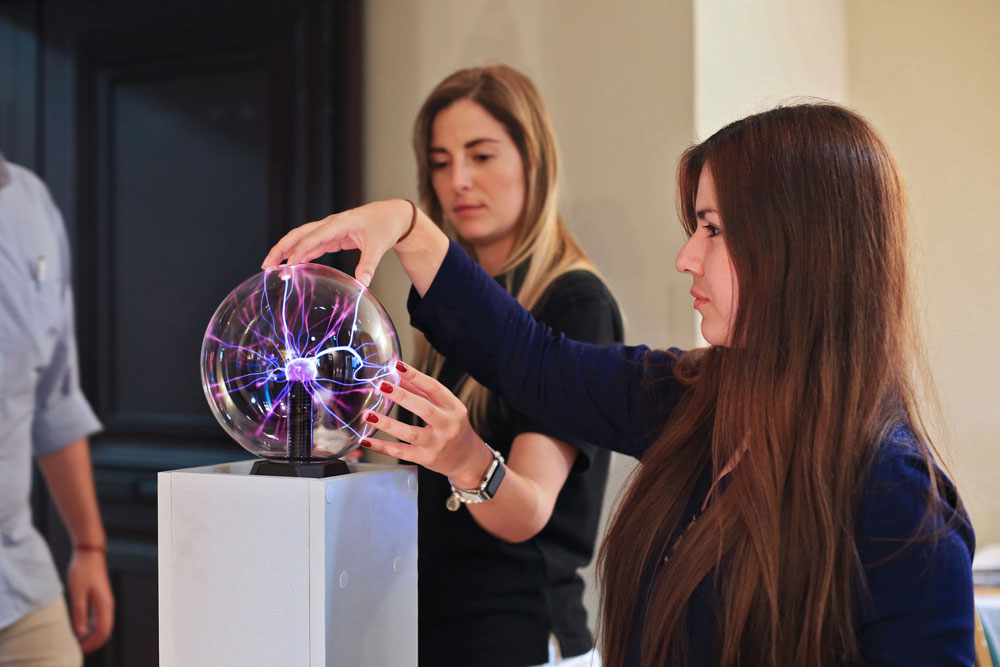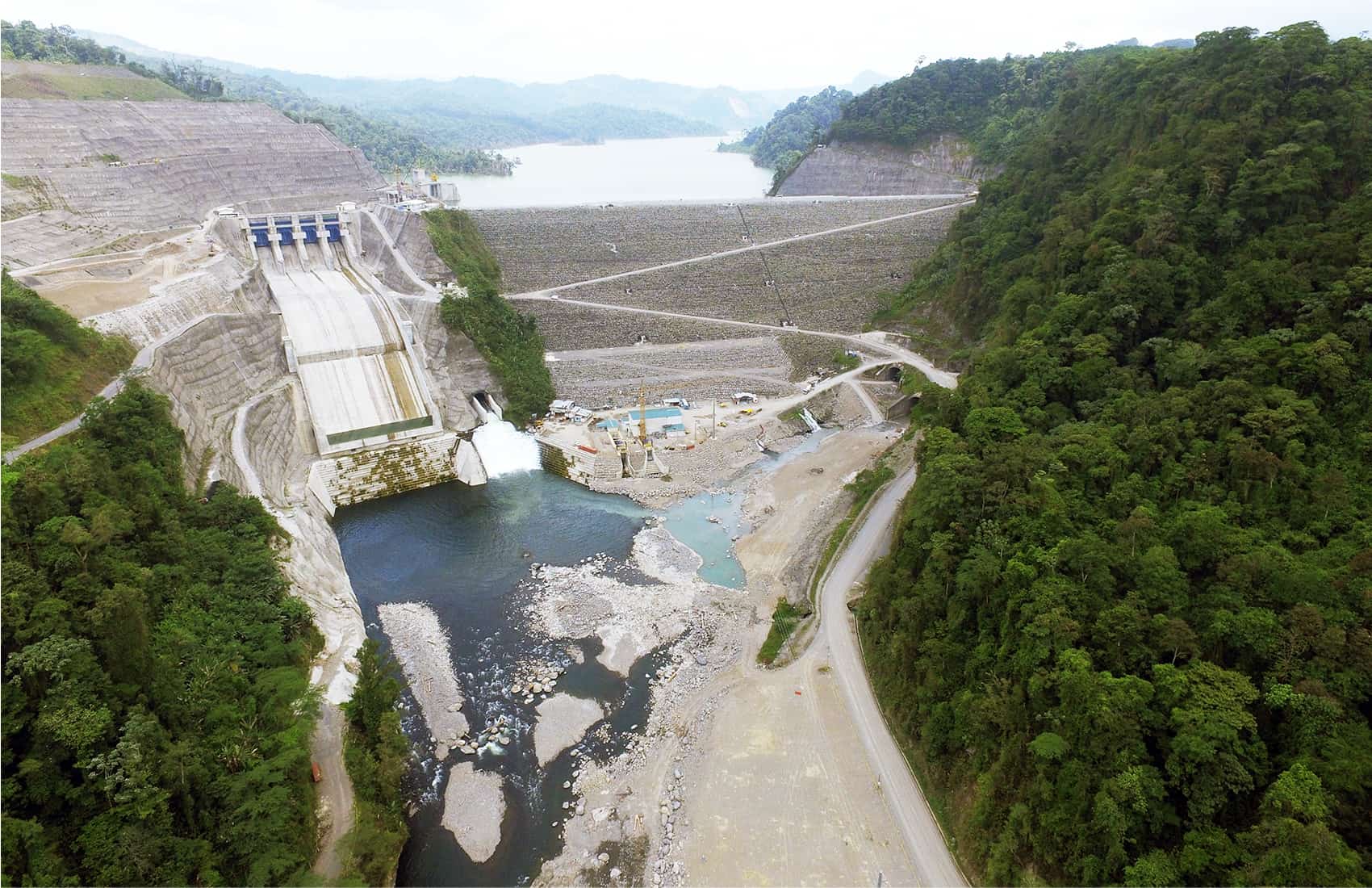Is it possible to power a nation with clean, sustainable energy? The answer, as demonstrated by Costa Rica, is a resounding yes. This Central American gem has not only embraced renewable energy but has become a global leader, transforming its power grid and setting an example for the world.
Electricity is the lifeblood of modern society, essential for powering homes, businesses, and industries. For anyone considering a visit, a move, or even just a curiosity about Costa Rica, understanding its electrical infrastructure is key. This detailed exploration will illuminate everything you need to know, from the voltage specifics and potential power interruptions to the remarkable renewable energy initiatives that have put Costa Rica on the map.
- Overview of Electricity in Costa Rica
- Voltage and Frequency Standards
- Cost of Electricity in Costa Rica
- Power Outages and Reliability
- Renewable Energy Initiatives
- Electricity Providers in Costa Rica
- Voltage Conversion and Adapter Needs
- Safety Tips for Using Electricity
- Future of Electricity in Costa Rica
- Frequently Asked Questions
Overview of Electricity in Costa Rica
Costa Ricas electrical grid stands out as one of the most developed in Central America, a testament to its commitment to providing reliable power to residents and visitors alike. The nations dedication to renewable resources has propelled it to the forefront of sustainable energy production, influencing global practices.
The Instituto Costarricense de Electricidad (ICE) is the primary entity overseeing Costa Ricas electrical system, from generation and distribution to ensuring service quality and environmental stewardship. ICE operates under strict regulations to maintain high standards and environmental responsibility, driving Costa Rica's green initiatives.
Key Facts About Electricity in Costa Rica
- Costa Rica sources over 98% of its electricity from renewable sources like hydroelectric, wind, and geothermal energy.
- The nation has set a target to achieve carbon neutrality by 2050, highlighting its unwavering support for green energy.
- Electricity prices in Costa Rica are competitive when compared to other regional countries.
Voltage and Frequency Standards
Planning a trip to Costa Rica? It's crucial to understand the voltage and frequency standards to protect your electronic devices. The standard voltage in Costa Rica is 110V, and the frequency is 60Hz. This matches the standards of the United States and Canada, but it differs from European systems.
How to Check Your Device Compatibility
Most contemporary electronics, like laptops and smartphones, are designed to handle dual voltage, accepting both 110V and 220V. However, older appliances or specialized equipment may require a voltage converter to function correctly in Costa Rica.
- The Rose By Bette Midler
- %D1%81%D0%BA%D1%80%D0%B8%D0%BF
- Laverne Cox Original Name
- How Can I Measure 3 4 Cup
- Warrant List For Ppp Loan
Cost of Electricity in Costa Rica
The price of electricity in Costa Rica fluctuates depending on consumption and location. A tiered pricing system is in place, where higher use leads to increased rates. This structure promotes energy efficiency and sustainable practices.
Average Electricity Prices
As of 2023, the average cost for electricity in Costa Rica ranges from $0.12 to $0.25 per kilowatt-hour (kWh). Residential users generally benefit from lower rates than commercial and industrial consumers.
Power Outages and Reliability
Costa Rica is known for its reliable electricity grid, but occasional power outages can happen, especially in rural areas or during extreme weather. ICE works diligently to minimize disruptions and swiftly restore power when outages do occur.
Tips for Dealing with Power Outages
- Consider a portable generator or an uninterruptible power supply (UPS) for critical devices.
- Keep flashlights and battery-powered lamps on hand for emergency situations.
- Report any power outages immediately to ICE or your local electricity provider.
Renewable Energy Initiatives
Costa Rica is a global leader in renewable energy generation, with over 98% of its electricity coming from renewable sources. The country's commitment to sustainability is reflected in its ambitious goals and innovative projects.
Major Renewable Energy Projects
- Reventazn Hydroelectric Project: This is the largest hydroelectric plant in Central America, providing clean energy to thousands of homes.
- Wind Farms: Multiple wind farms have been set up across the country, using Costa Rica's strong winds to generate electricity.
- Geothermal Power Plants: Using the country's volcanic activity, geothermal energy makes a significant contribution to Costa Rica's renewable energy mix.
Electricity Providers in Costa Rica
The Instituto Costarricense de Electricidad (ICE) is the primary electricity provider in Costa Rica, responsible for generating, transmitting, and distributing electricity throughout the country. In some areas, private companies also offer electricity services, especially for industrial and commercial clients.
How to Sign Up for Electricity Service
Getting electricity service in Costa Rica is a straightforward process. You'll need proof of residency, such as a rental agreement or property deed, along with identification documents. ICE offers both online and in-person registration options for convenience.
Voltage Conversion and Adapter Needs
If you're visiting from a country with different voltage standards, you may need a voltage converter or adapter to use your electronic devices in Costa Rica. Knowing the differences between voltage and plug types is crucial for a smooth experience.
Types of Electrical Plugs in Costa Rica
Costa Rica uses Type A and Type B electrical plugs, which are the same as those used in the United States and Canada. If your devices have different plugs, a travel adapter will be necessary to connect them to Costa Rican outlets.
Safety Tips for Using Electricity
Safety should always be a priority when dealing with electricity. Whether you're a resident or a visitor, following these safety tips can help prevent accidents and ensure a secure environment.
Electrical Safety Guidelines
- Avoid overloading electrical outlets with too many devices.
- Regularly inspect cords and plugs for signs of wear or damage.
- Use surge protectors to safeguard your electronics from voltage spikes.
Future of Electricity in Costa Rica
The future of electricity in Costa Rica is bright, with continued investments in renewable energy and infrastructure upgrades. The government's dedication to sustainability and innovation ensures that Costa Rica will continue to lead in clean energy production.
Upcoming Renewable Energy Projects
New projects, such as solar farms and expanded geothermal facilities, are on the horizon. These efforts will further reduce the country's reliance on fossil fuels and cement Costa Rica's position as an eco-leader on a global scale.
Frequently Asked Questions
What is the standard voltage in Costa Rica?
The standard voltage in Costa Rica is 110V, with a frequency of 60Hz.
How much does electricity cost in Costa Rica?
The cost of electricity in Costa Rica ranges from $0.12 to $0.25 per kWh, depending on usage levels and location.
Are power outages common in Costa Rica?
Power outages are relatively rare in urban areas but can occur in rural regions or during extreme weather conditions.
What renewable energy sources does Costa Rica use?
Costa Rica primarily uses hydroelectric, wind, and geothermal energy to generate electricity.
Do I need a voltage converter in Costa Rica?
Only if your devices are not dual-voltage. Most modern electronics can handle both 110V and 220V, but older appliances may require a converter.
| Costa Rica's Electricity Snapshot | |
|---|---|
| Voltage | 110V, 60Hz |
| Plug Types | Type A and Type B |
| Primary Provider | Instituto Costarricense de Electricidad (ICE) |
| Renewable Energy Sources | Hydroelectric, Wind, Geothermal |
| Renewable Energy Percentage | Over 98% |
| Carbon Neutrality Target | 2050 |
| Average Electricity Cost (2023) | $0.12 - $0.25 per kWh |
| Website Reference | ICE Official Website |
- Loredana Deutschland Sucht Den Superstar
- %D0%B4%D0%B6%D0%BE%D1%80%D0%B4%D0%B6 %D1%81%D0%BE%D1%80%D0%BE%D1%81 %D1%82%D0%B0%D0%BC%D0%B8%D0%BA%D0%BE %D0%B1%D0%BE%D0%BB%D1%82%D0%BE%D0%BD
- Kalogeras Sisters
- Checkers Daytona Beach
- %D0%BB%D0%BE%D0%B8%D1%81 %D0%BA%D0%BB%D0%B0%D1%80%D0%BA


